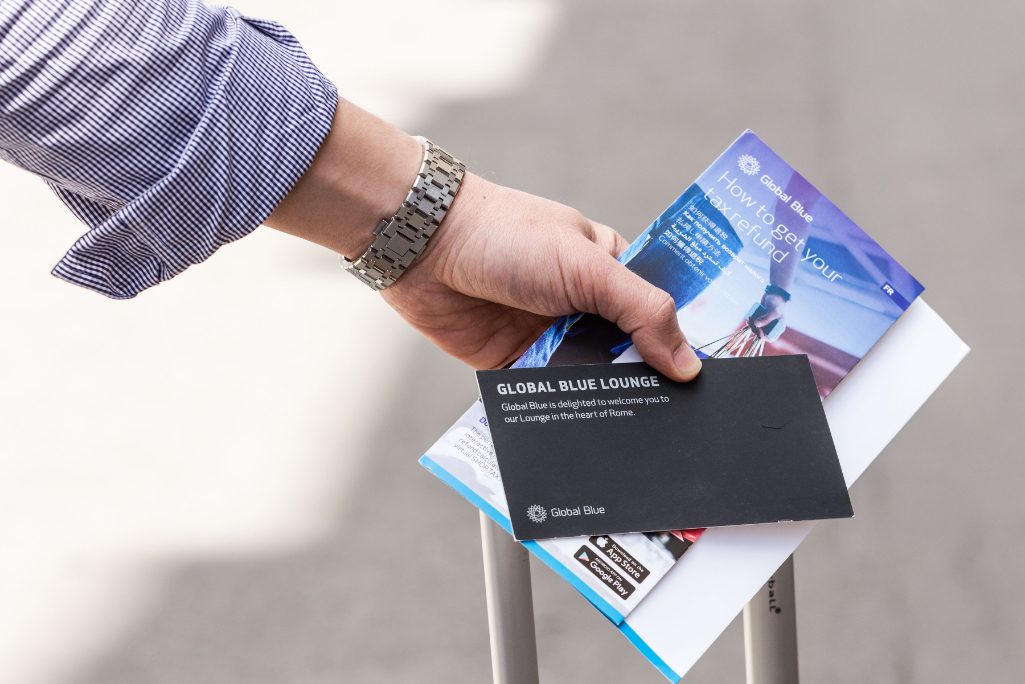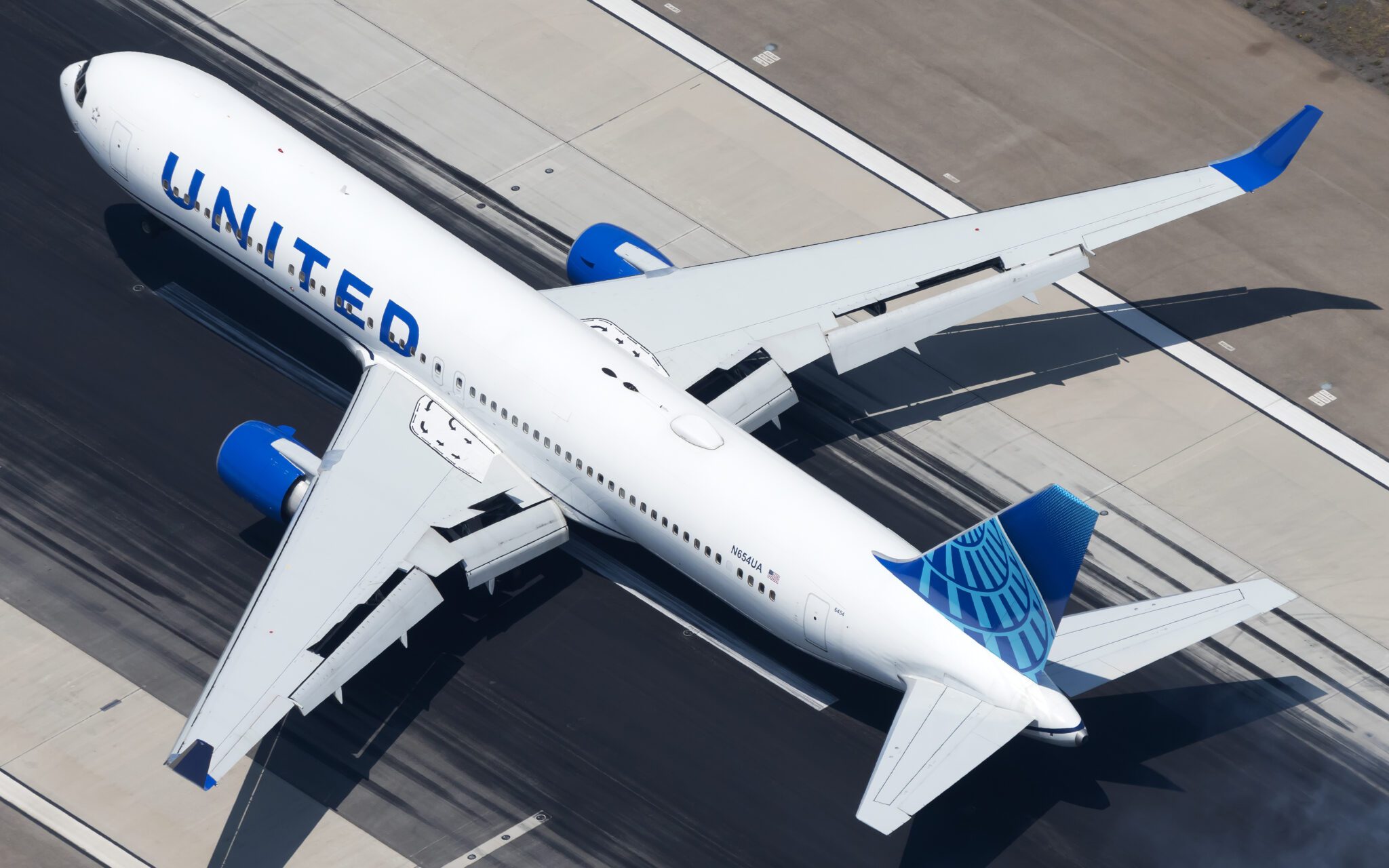Tax-Free Airport Shopping Evaluated by EU Over Antitrust Claims

Skift Take
Global Blue, which specializes in helping travelers file refund claims for value-added tax on purchases in the European Union, has had a rough year given the decline in international travel during the pandemic. Now the Swiss payments company now appears to face a new headwind.
The European Union's antitrust regulator agreed on Tuesday to review a complaint by Global Blue's smaller rival Refundit, who alleges the company has engaged in anti-competitive practices with fees that are "excessive, unfair, and opaque."
The European Commission agreed to review the allegations, the Financial Times first reported on Tuesday.
Refundit alleges that Global Blue shares part of the service fees it charges consumers with many of its 300,000 partner stores in return for long-term exclusivity agreements. The startup also alleges that Global Blue isn't transparent about its fee structure.
Amadeus, the travel technology giant, took an equity stake in RefundIt via its Amadeus Ventures arm in 2019 and is now a top shareholder in the startup.
Refundit is led by Uri Levine, who previously created the startup Waze. Levine has also made his allegations via a LinkedIn video.
Each year, a majority of value-added tax (VAT) refunds owed to travelers — estimated at $27 billion (€23 billion) — isn't returned to tourists in the European Union, partly because of the complex rules of how to file for a claim before departure from the region. Global Blue and Refundit offer services to assist travelers with filing.
"Global Blue is one of many VAT refund operators in a highly competitive market," the company said in a statement to the Financial Times. "Global Blue offers a transparent and competitive service to all its stakeholders, including consumers and merchants."
In August, Global Blue was bought for $2.6 billion and went public via a special purpose acquisition company Far Point, backed by U.S. hedge fund Third Point.
For context on SPACs, see Skift's explainer What Exactly Are 'SPACs'?





